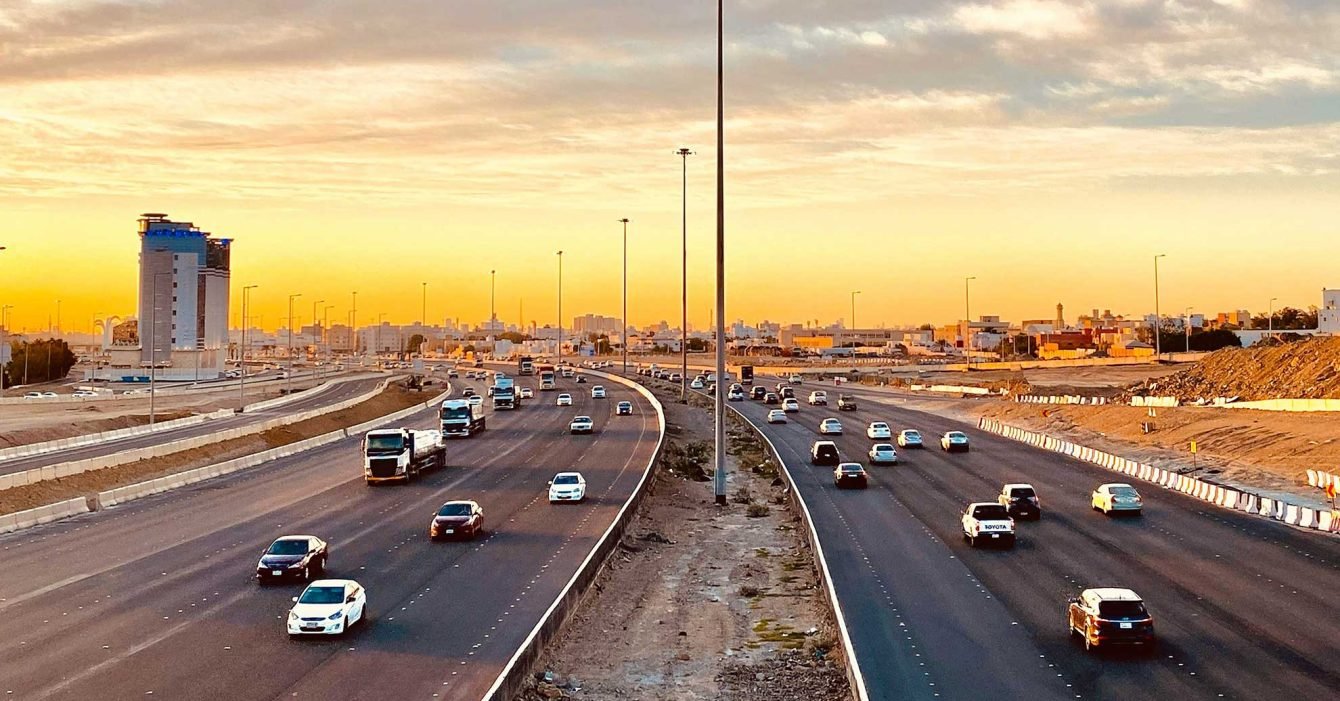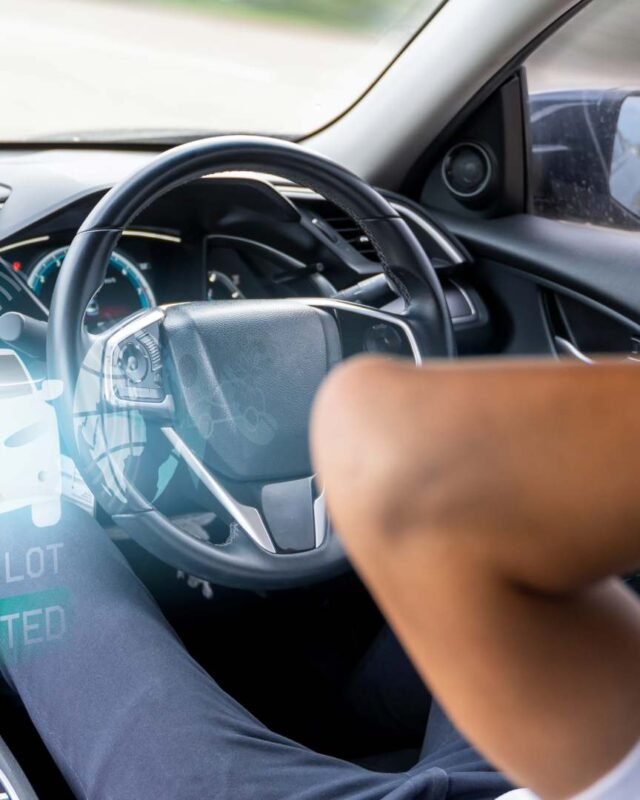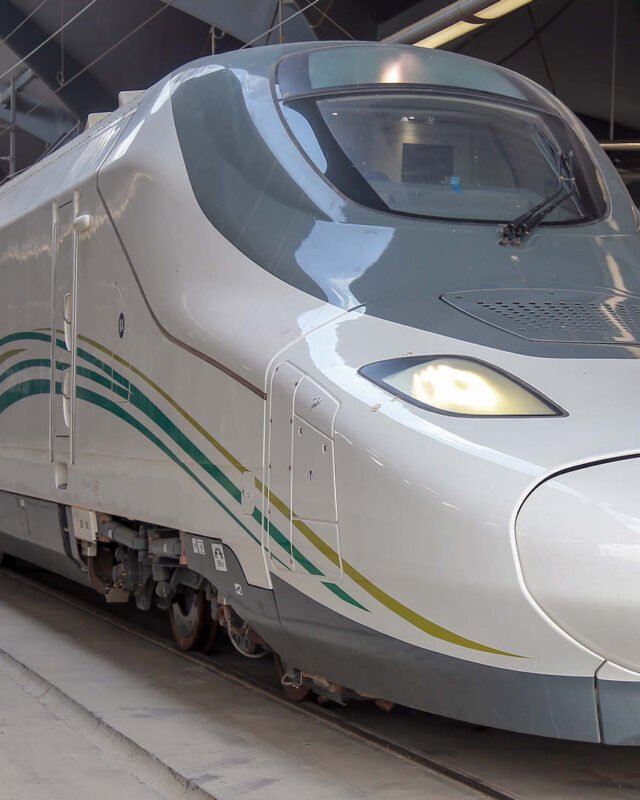The transportation sector in Saudi Arabia is undergoing a significant transformation, aligning with the Kingdom’s Vision 2030 objectives to create a modern, efficient, and sustainable mobility landscape. This transformation is pivotal in enhancing the quality of life, economic development, and environmental sustainability. This article offers an in-depth look at the current trends in Saudi transportation mobility, underpinned by extensive Saudi transport mobility market research.
Market Overview
Saudi Arabia’s transportation sector is a critical component of its economy, connecting vast geographic regions and supporting both domestic and international trade. With the Kingdom’s growing population and economic expansion, there’s a pressing need for a more integrated and advanced transportation system. Recent years have seen substantial investments in public transport, road networks, and technological advancements, aiming to create a more cohesive and efficient mobility framework.
Current Trends
- Public Transport Expansion: Major cities like Riyadh and Jeddah are witnessing significant investments in public transportation, including metro and bus rapid transit (BRT) systems.
- Smart Mobility Solutions: The adoption of smart technologies in transportation, such as electronic toll collection systems, smart traffic management, and real-time transit data, is enhancing traffic flow and passenger experiences.
- Sustainable Transportation: There’s a growing focus on sustainable transport options, including the introduction of electric vehicles (EVs) and the development of green public transportation.
Challenges
The transformation of Saudi Arabia’s transportation sector isn’t without its challenges:
- Infrastructure Development: Rapid urbanization requires extensive development of transportation infrastructure to meet increasing demand.
- Integration of Systems: Ensuring the seamless integration of different modes of transportation remains a complex task.
- Cultural Shift: Encouraging the public to shift from private car usage to public transport is a significant cultural and behavioral challenge.
Government Initiatives and Policies
The Saudi government’s initiatives are crucial in shaping the future of transportation mobility:
- Vision 2030 Transportation Goals: These include ambitious projects to expand and modernize the transportation infrastructure.
- Investment in Public Transport: Large-scale projects like the Riyadh Metro and the Jeddah Public Transport Project are examples of significant investment in public transport infrastructure.
- Regulatory Framework for EVs: Policies are being developed to support the adoption of electric vehicles, including charging infrastructure and incentives for buyers.
Technological Advancements
Technological innovation plays a key role in the transformation of the transportation sector:
- Autonomous Vehicles: Research and investment in autonomous vehicle technology are ongoing, promising to revolutionize personal and public transportation.
- Digital Platforms: The development of digital platforms for transportation services is improving accessibility and efficiency for users.
Future Outlook
The future of transportation mobility in Saudi Arabia is marked by continuous innovation and development. With ongoing projects and investments, the Kingdom is set to have one of the most advanced transportation systems in the region. This will not only enhance the quality of life for residents but also contribute to economic growth and environmental sustainability.
Conclusion
The Saudi transport mobility market is rapidly evolving, driven by a combination of government initiatives, technological advancements, and changing public attitudes. As the Kingdom strides towards realizing its Vision 2030 objectives, the transportation sector is expected to play a vital role in this transformation. Continuous market research and analysis will be essential to understand and adapt to the changing mobility landscape, ensuring sustainable and efficient transportation for the future of Saudi Arabia.



